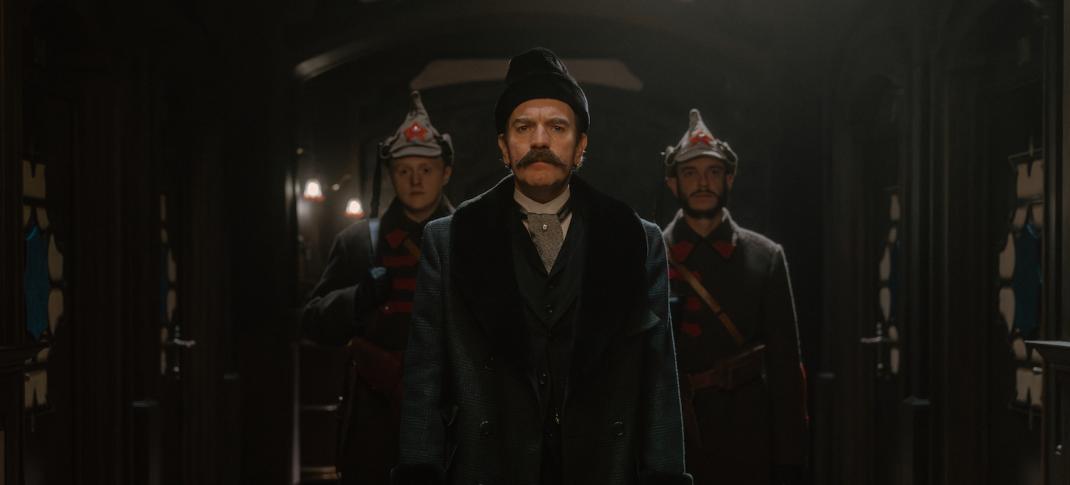TV-14 | 8 episodes | Historical Drama, Thriller | 2024
A term of house arrest normally does not entail such luxurious circumstances as a stay in Moscow’s exclusive Hotel Metropol. Of course, it was the only place a discerning gentleman and aristocrat like Count Alexander Ilyich Rostov would reserve when visiting the Russian capital. He expected that his final stay would culminate in a death sentence, but instead, he is consigned to the Metropol for the remainder of his days. Since the hotel often hosts elite Communist Party officials and international diplomats, his sentence gives him a unique perspective on Russian/Soviet history in creator Ben Vanstone’s eight-episode “A Gentleman in Moscow,” adapted from Amor Towles’s novel.





